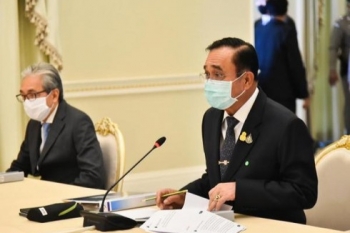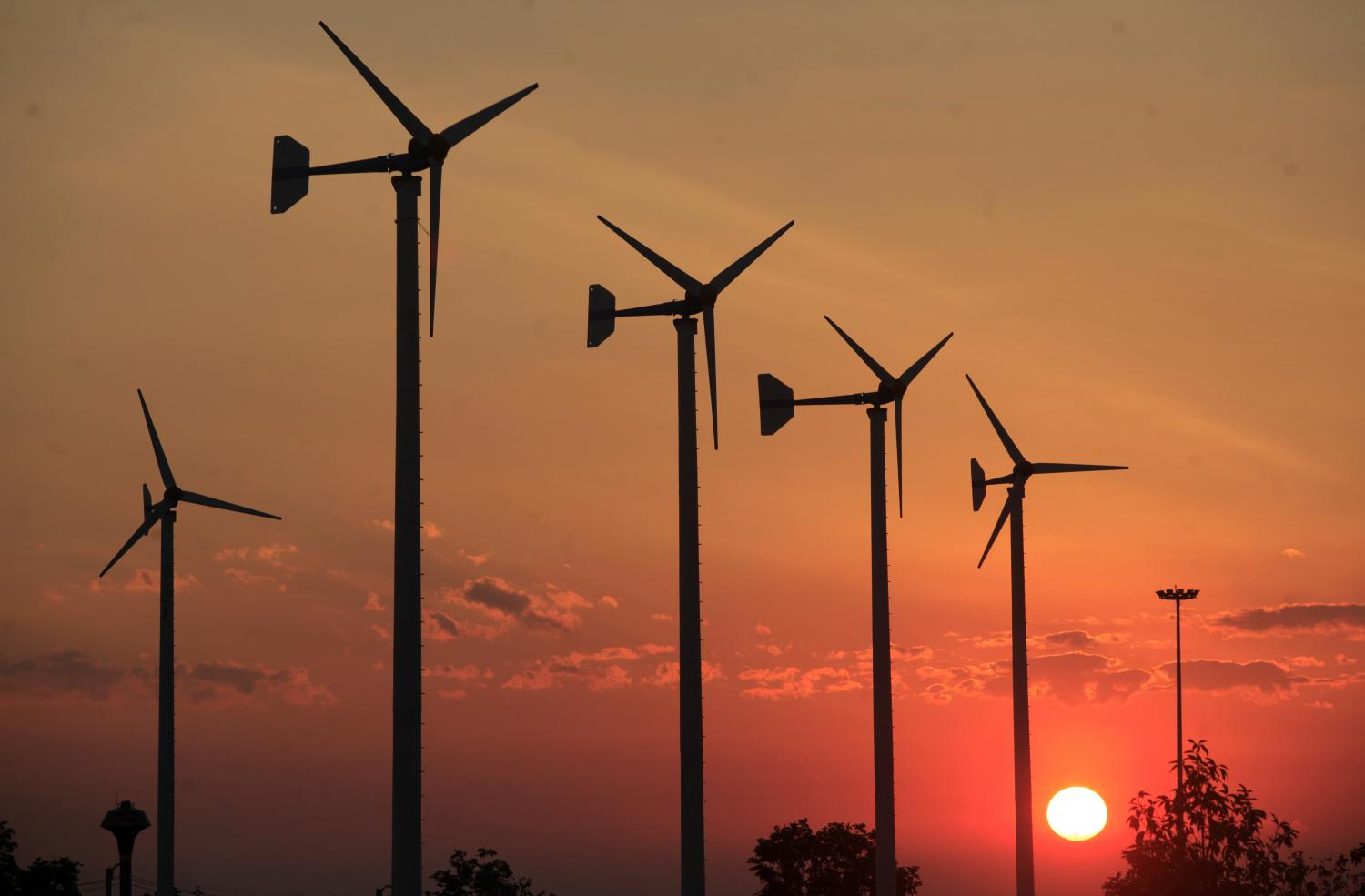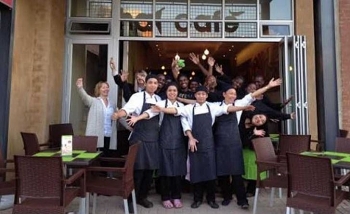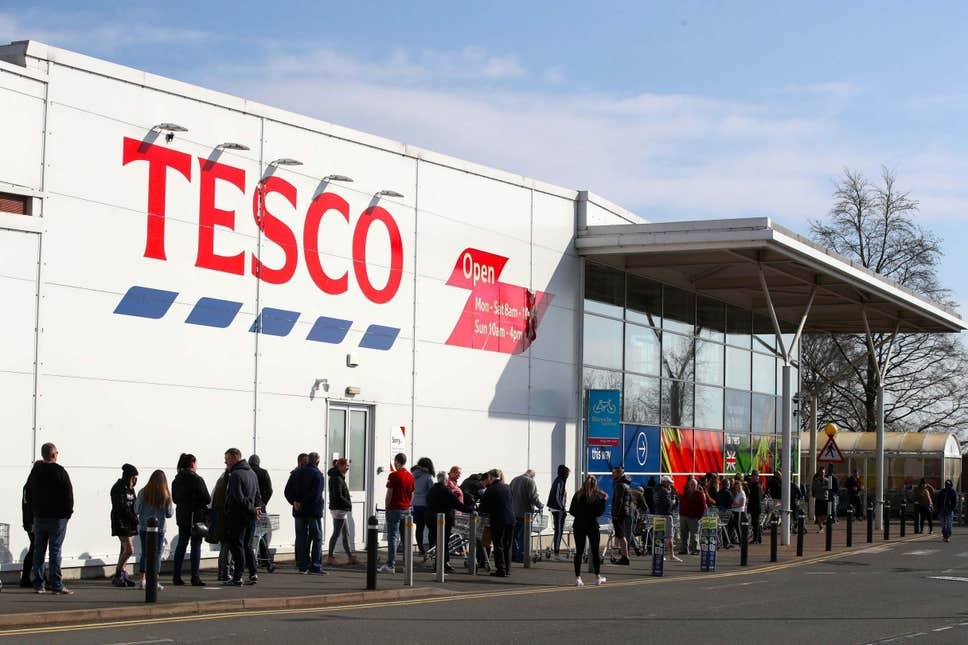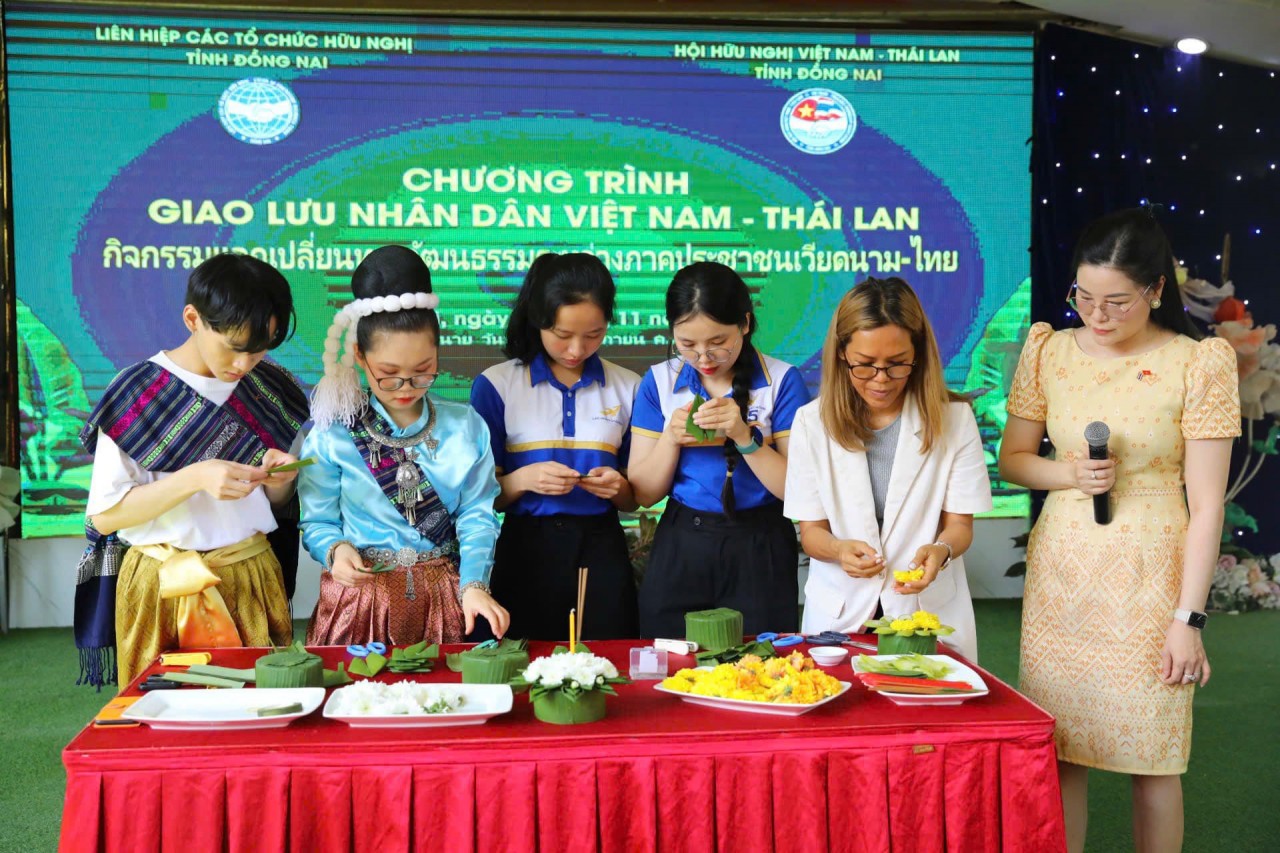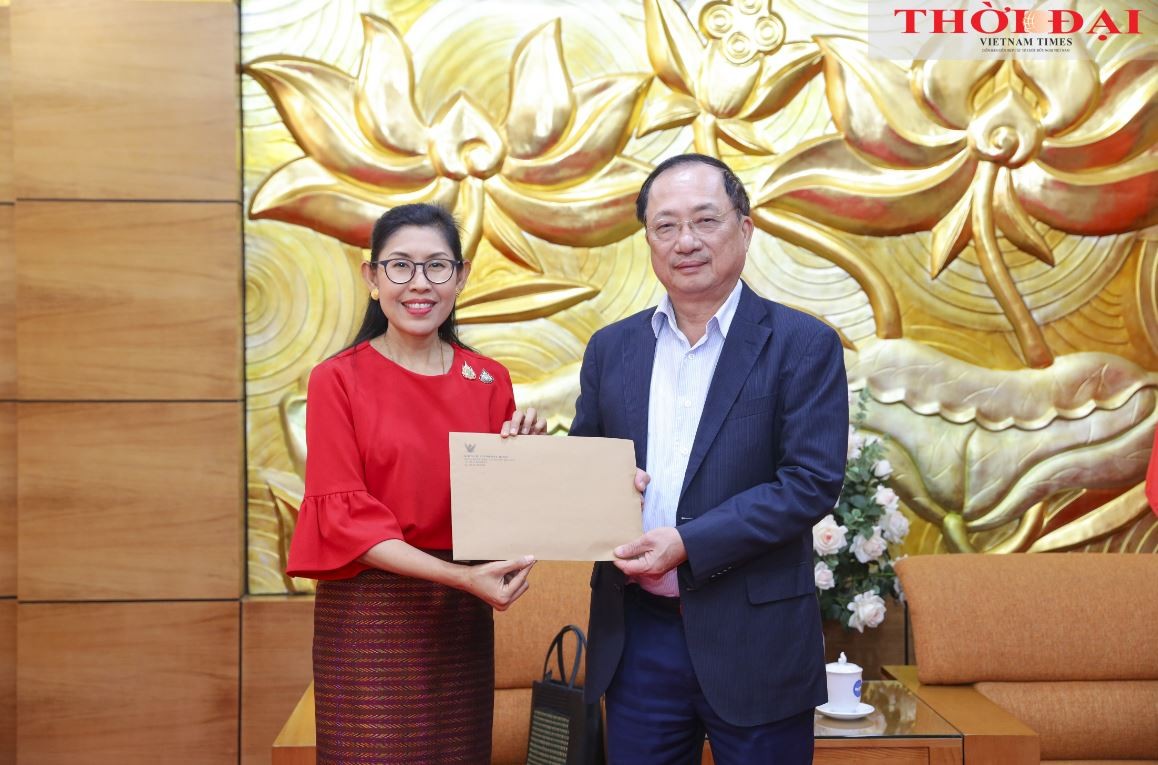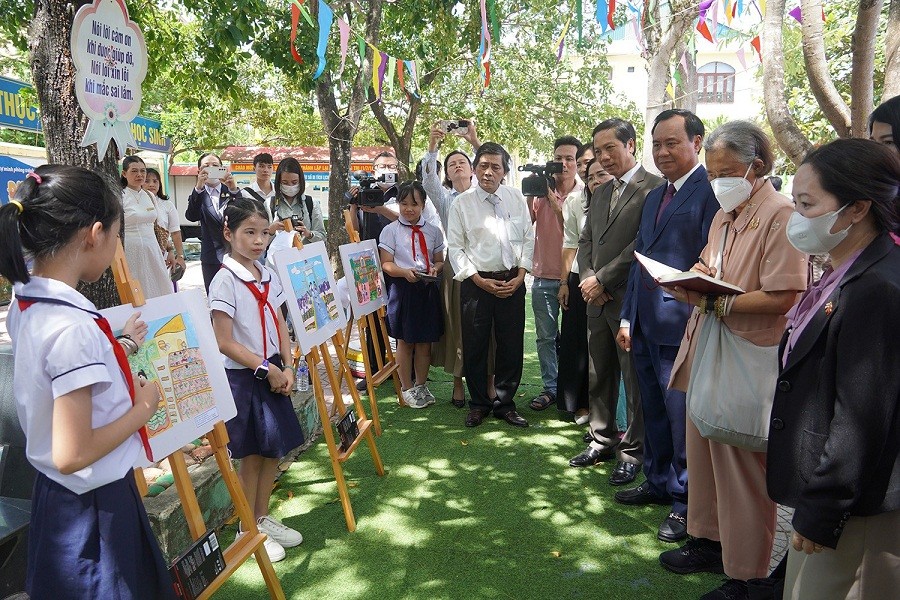Western retailers boycott Thai coconuts over inhumane monkey labour
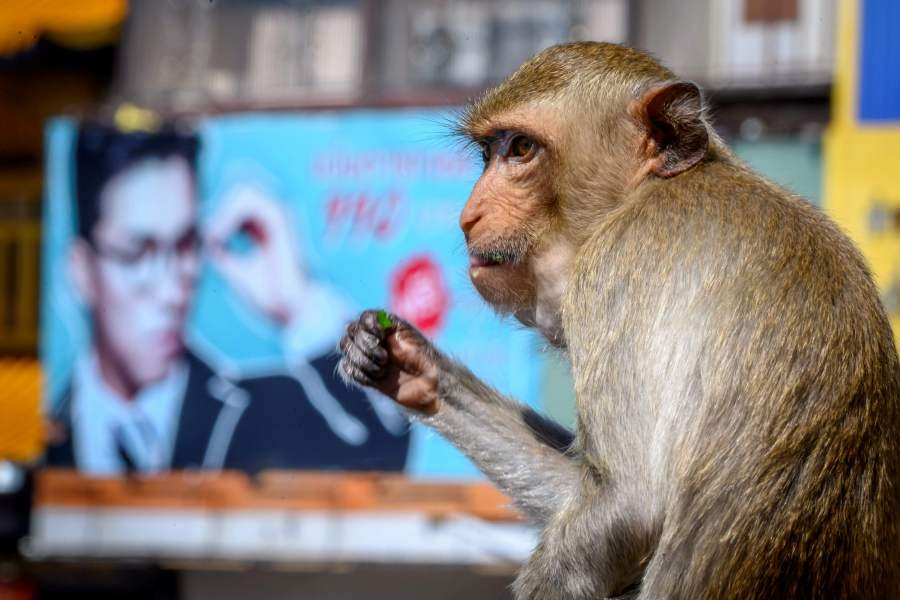 |
| Western retailers have begun to pull Thai coconut products from their shelves amid allegations that the coconuts were picked by inhumanely treated monkeys. Photo: Mladen ANTONOV/AFP |
Western retailers have begun to pull Thai coconut products from their shelves amid allegations that the coconuts were picked by inhumanely treated monkeys.
According to the People for the Ethical Treatment of Animals (PETA), a UK-based charity dedicated to protecting the rights of all animals, the monkeys were snatched from the wild and trained to pick up to 1,000 coconuts a day.
The animal rights group said pigtailed macaques in Thailand were treated like "coconut-picking machines", reports Bangkok Post.
PETA said that monkeys were used by farms that supply two of Thailand's best-known coconut milk brands, Aroy-D and Chaokoh, which are exported to many countries in Europe and the United States.
"Following PETA Asia's investigation, more than 15,000 stores will no longer purchase these brands' products, with the majority also no longer buying any coconut products sourced from Thailand monkey labour," the group said on its website.
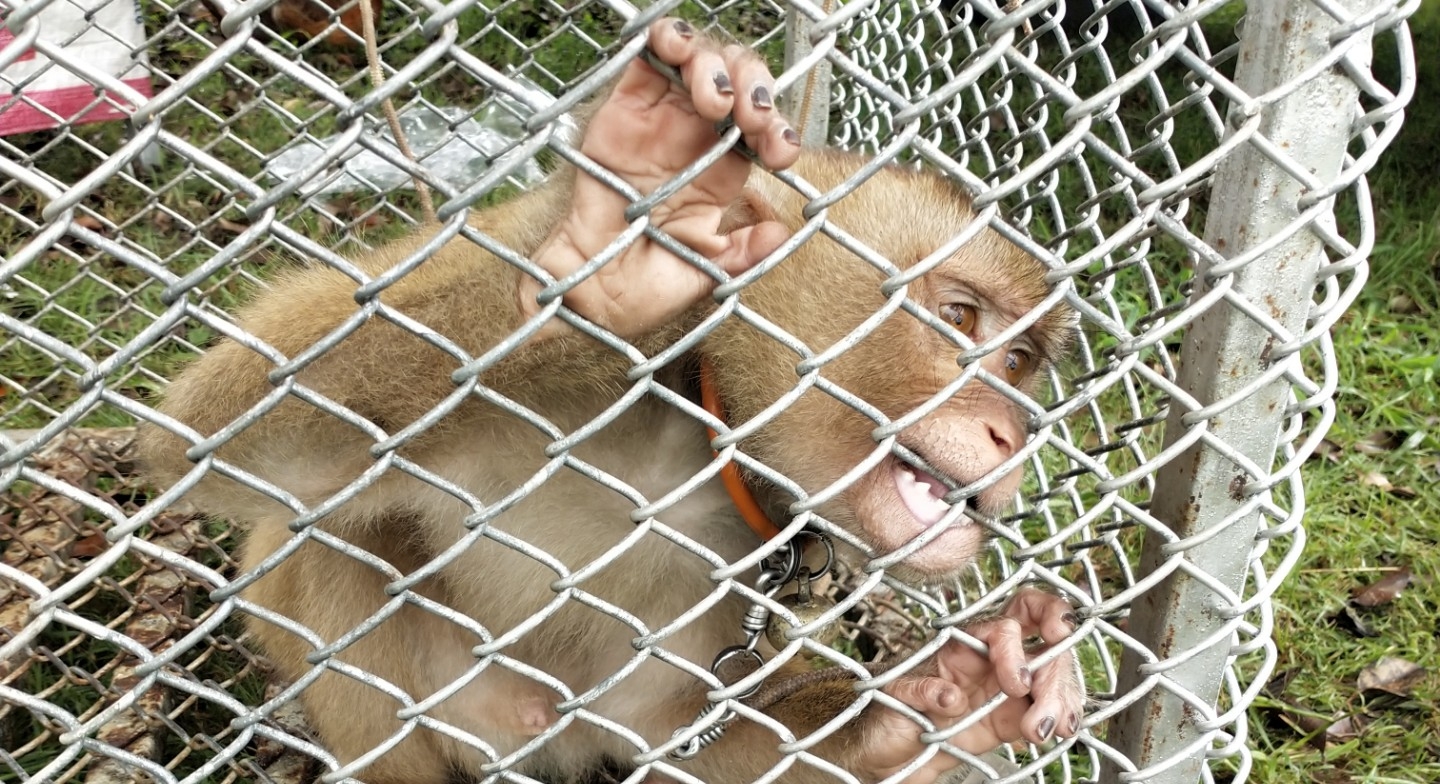 |
| Many monkeys in Thailand are reported to be fitted with rigid metal collars and kept chained or tethered until they're no longer useful to farmers. Photo: PETA UK |
The BBC reported that in the United Kingdom, Waitrose, Ocado, Co-op and Boots have vowed to stop selling some coconut products from Thailand.
A spokesperson for the giant retailer Tesco told the BBC that its own-brand coconut milk and coconut water does not use monkey labour in its production and we don't sell any of the branded products identified by PETA.
"We don't tolerate these practices and would remove any product from sale that is known to have used monkey labour during its production."
The Morrisons chain said it had already removed products made with monkey-picked coconuts from its shelves.
Sainsbury's told the BBC that it was actively reviewing its product range and investigating the complex issue with its suppliers.
PETA said it had found eight farms in Thailand where monkeys were forced to pick coconuts for export around the world.
Male monkeys are able to pick up to 1,000 coconuts a day, PETA says. It's thought that a human can pick about 80.
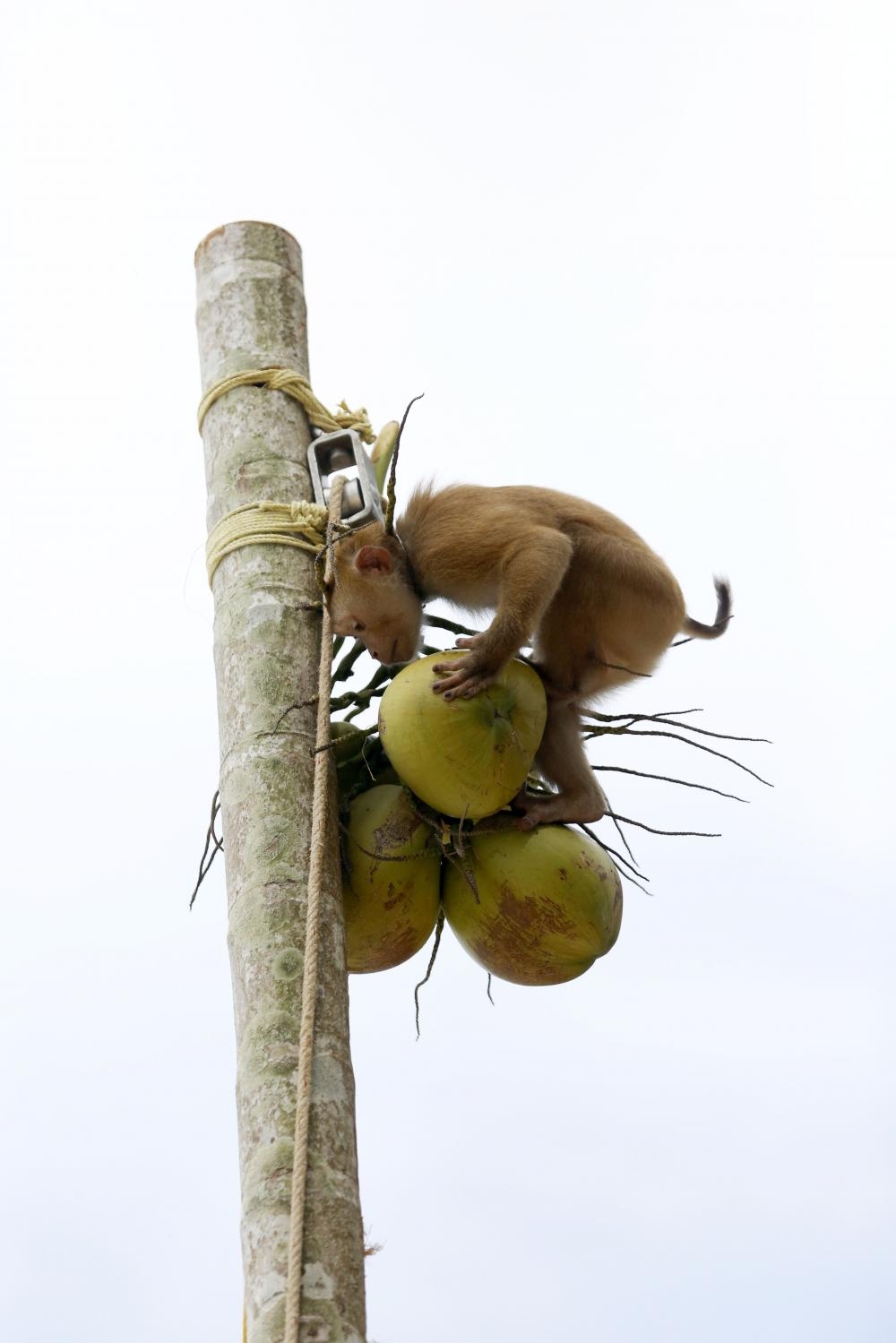 |
| A monkey is taught to pick coconuts at a plantation in Surat Thani province. The coconut milk industry in Thailand is under fire by Western animal rights activists for allegedly allowing the animals to be used as 'slave labour'. Photo: Karnjana Aryuwattanachai/Bangkok Post |
"Other coconut-growing regions – including Brazil, Colombia and Hawaii – harvest coconuts using humane methods such as tractor-mounted hydraulic elevators, willing human tree-climbers, rope or platform systems, or ladders, or they plant dwarf coconut trees," it said.
The group said it also discovered "monkey schools", where the animals were trained to pick fruit, as well as ride bikes or play basketball for the entertainment of tourists.
"The animals at these facilities – many of which are illegally captured as babies – displayed stereotypic behaviour indicative of extreme stress," PETA said.
"Monkeys were chained to old tyres or confined to cages that were barely large enough for them to turn around in.
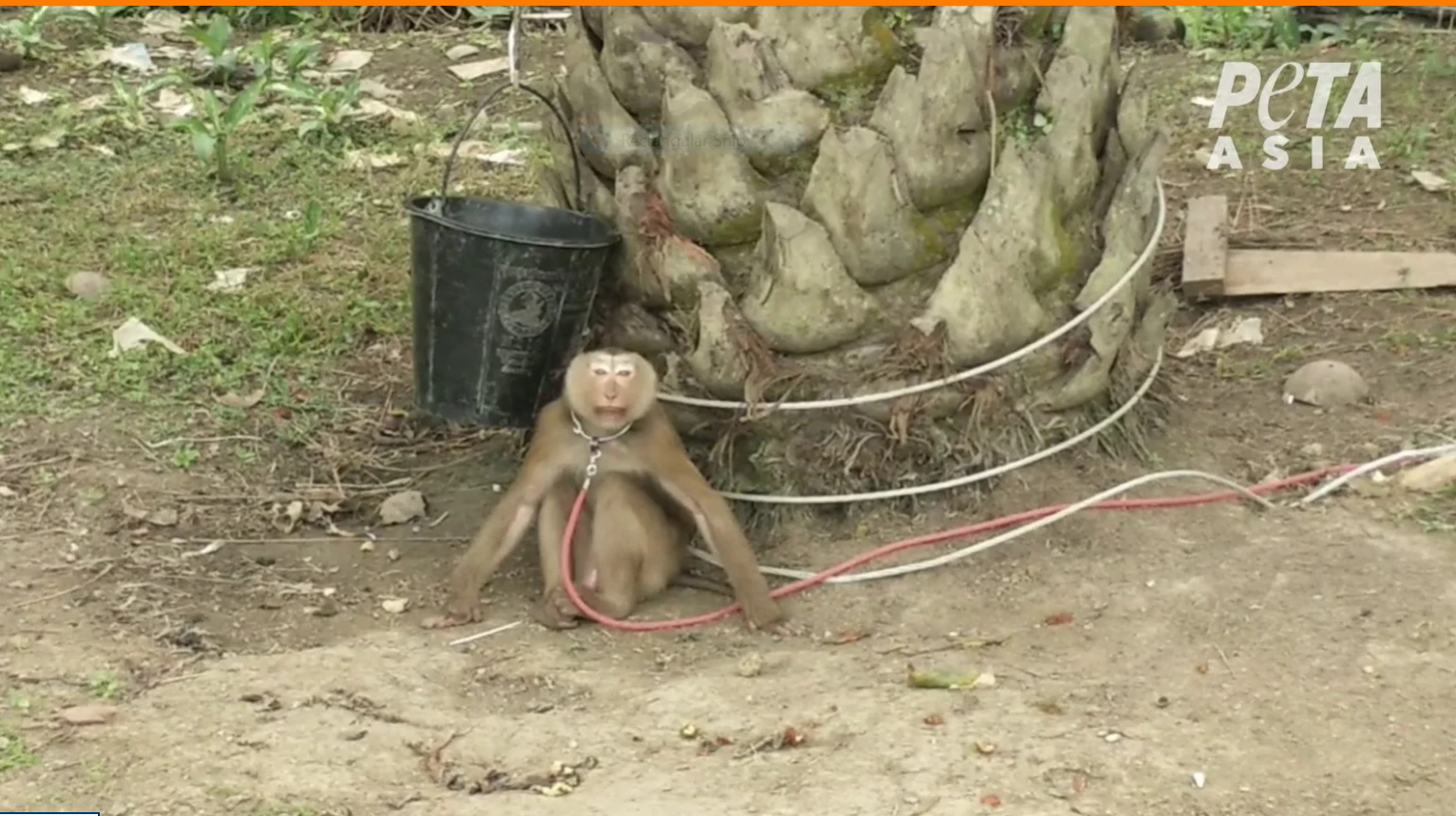 |
| Tethered by the neck with a metal collar, the monkeys are forced to climb up and down trees and collect up to 1,000 coconuts per day. Photo: PETA Asia |
"One monkey in a cage on a lorry bed was seen frantically shaking the cage bars in a futile attempt to escape, and a screaming monkey on a rope desperately tried to run away from a handler."
In one case, the organisation was told that monkeys would have their canine teeth pulled out if they tried to bite handlers.
"PETA is calling on decent people never to support the use of monkey labour by shunning coconut products from Thailand".
Coconut industry uses terrified monkeys. Video: PETA UK
| Retailers Drop Thai Coconut Brands After PETA's investigation on monkey's abuse 1. UK retailers: Asda has dropped the brand Chaokoh. A spokesperson for the supermarket said, “We expect our suppliers to uphold the highest production standards at all times and we will not tolerate any forms of animal abuse in our supply chain. We are removing the products from sale whilst we investigate these allegations with our suppliers.” Walgreens Boots Alliance (operator of Boots) has pledged not to stock Aroy-D or Chaokoh and not to knowingly sell any own-brand coconut food and drink products of Thai origin in its stores in the UK, US, and Thailand. Waitrose has made a commitment to protecting monkeys: “Waitrose & Partners supports PETA’s goal to end the use of monkey labour in the coconut industry,” says John Gregson, partner and communications manager for CSR, health, and agriculture at Waitrose & Partners. “As part of our animal welfare policy we have committed to never knowingly sell any products sourced from monkey labour.” Morrisons has suspended its supply of Chaokoh products, pending an investigation. Ocado and Co-op have committed to never knowingly stocking any products from suppliers that use monkey labour. Tesco has done the same, stating, “We don’t tolerate these practices and would remove any product from sale that is known to have used monkey labour during its production.” The supermarket has delisted Chaokoh products in its UK stores and is investigating its international supply lines. Sainsbury’s is investigating the issue as a priority. 2. International retailers: German supermarket tegut has removed Chaokoh and Aroy-D from its shelves. In the US, Bed Bath and Beyond’s Cost Plus World Market has stopped buying coconut products from Chaokoh. Ahold Delhaize and its brands (including Giant Food, Food Lion, Stop & Shop, and Hannaford in the US as well as Albert Heijn in the Netherlands) have also committed to not knowingly stocking or selling any products sourced from suppliers that use monkey labour. (Source: PETA UK)
|
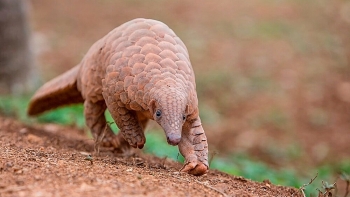 | Pangolin officially removed from Chinese traditional medicine list Pangolin is the highly trafficked mammal in China, which has been hunted for years and is now stigmatized for unproven Covid-19 connections. However, China has just removed ... |
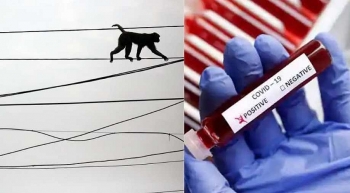 | India: Monkeys steal Covid-19 test samples from health worker A troop of monkeys in India attacked a medical official and snatched away blood samples of patients who had tested positive for the coronavirus while the number of people who died by this ... |
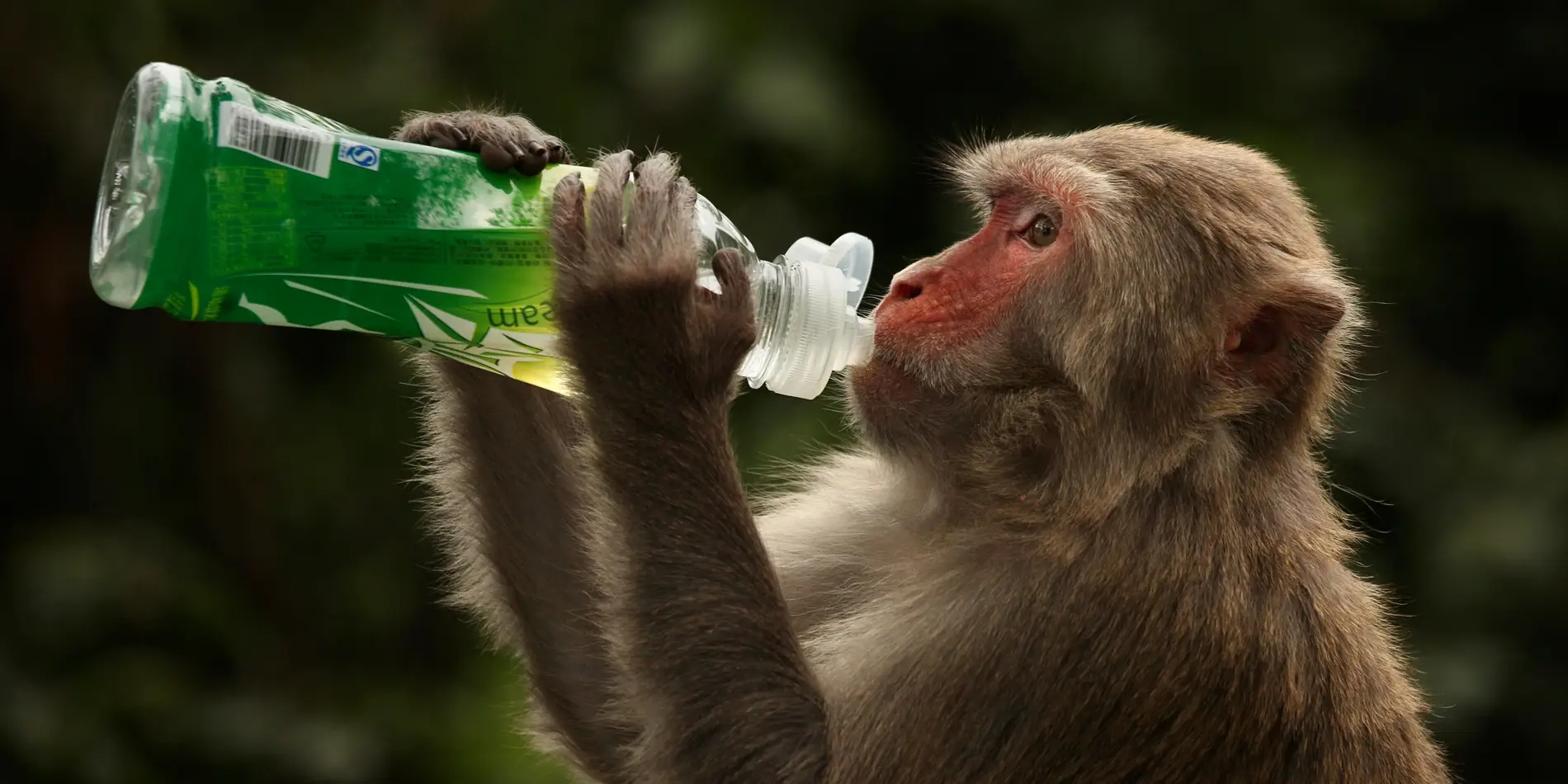 | Oxford-developed vaccine appears to shield monkey from coronavirus infection Oxford group may lead the race in coronavirus vaccine development as its new experimental vaccine seems to protect monkeys from the novel acute respiratory virus despite ... |
Recommended
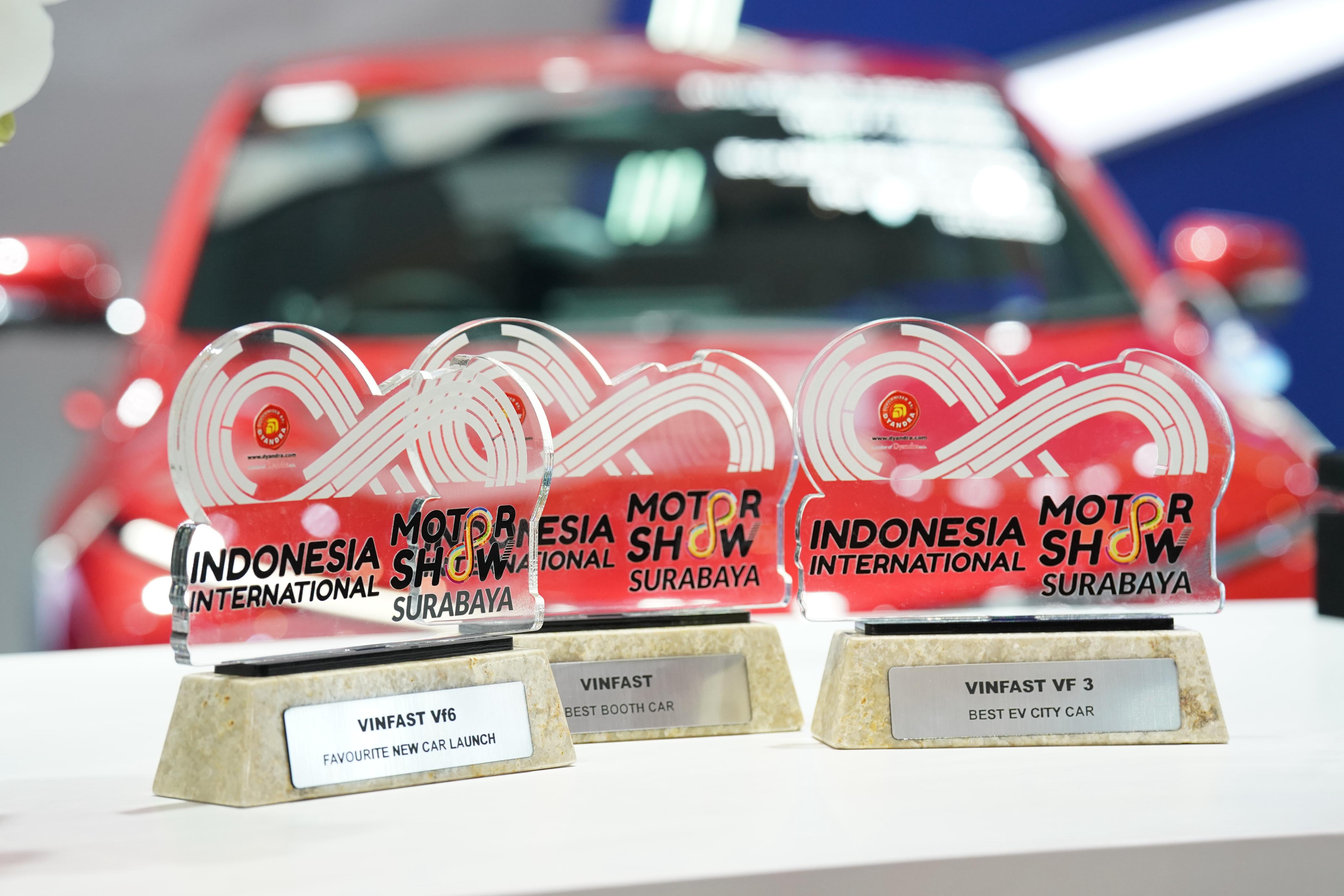 Economy
Economy

